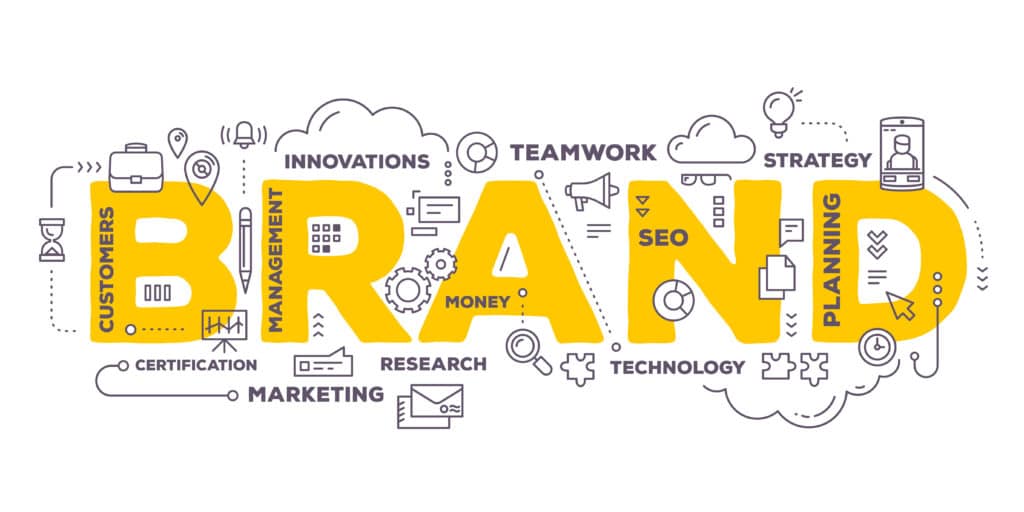Finding connections online with other people and brands is easy for younger generations. For Gen-Zs and Millennials, personalized communication and digital connections are a must. Since they are responsible for 30% of the total retail sales in the United States, it is safe to say that they should be considered carefully for marketing campaigns.
Gen-Zs (18-24 years) and Millennials (25-38 years) are important categories to consider for marketing. The shifting landscapes in media and digital platforms show that Gen-Z and Millennials don’t react to advertisements as baby boomers do. Younger generations prefer connecting with brands on online platforms. They expect brands to offer their customers tailored experiences and understand the consumers’ values.
Digital marketing is effective only if younger generations can experience a deeper connection with the brand.

Using the Right Channels
Using the proper digital channels is essential to building better brand connectivity with Gen-Zs and Millennials. In 2018, internet users younger than 35 spent 21.1 billion hours on the phone compared to the 16 billion spent watching live TV. Gen-Zers spend four hours a day on their phones compared to the 1.5 hours spent streaming or watching TV.
You should also consider which digital realm you are using. Facebook can play a significant role in user interaction with the brand. Similarly, platforms like Instagram, which are more visual-based, are preferred by Millennials and Gen-Zers. Much marketing is also taking place on Tik Tok since that is one of the most used platforms by Gen-Z.
Brand Values
Staying true to the brand’s values and authenticity is most important for younger generations. These traits will dictate how they feel about the brand and how it represents itself. Gen-Zs expect the brand to form an image that reflects their values and contributes to society in some way. One way to build effective connections with the younger generation is by being open about what you stand for.

Personalized Branding Experience
Marketing techniques focused on customizing and personalizing the experience for Millennials and Gen-Zs are effective. However, each generation differs in what they want. Millennials prefer direct interaction on the brand’s page, while Gen-Zs prefer custom support options through messaging.
How to Adapt As a Marketer
After learning these things about the younger generations, you should also look at the actionable steps you can take. Building better brand connectivity with Gen-Zs and Millennials is more accessible if you implement the things below:
- Optimizing the platform’s strategy to focus on younger generations should be intentional. You should ensure you are present on channels where they are most likely to look for you.
- It is essential to stay authentic offline and online to the brand and its values. You should recognize that the brand’s personality also carries power. You can only make longer-lasting and stronger bonds with younger users if you are authentic.
- A nuanced strategy that considers the need for personalized and sophisticated marketing experiences is vital. Different types of engagement, depending on what is most meaningful to your audience, can enhance your brand.
Building better brand connectivity with Gen-Zs and Millennials is accessible if you consider their preferences when you outline your marketing and advertising strategy.


